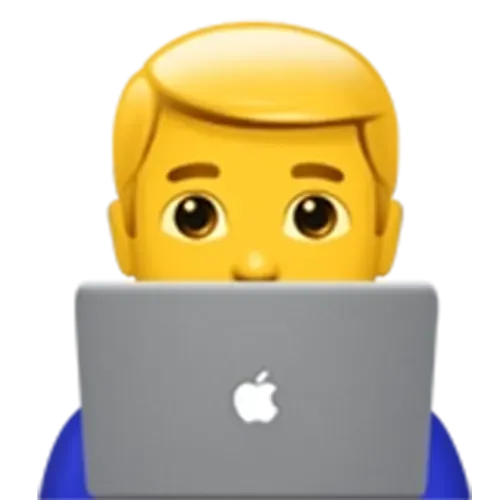Cloud Learning Path
The Cloud Learning Path offers a comprehensive journey for individuals seeking proficiency in cloud computing across various platforms.
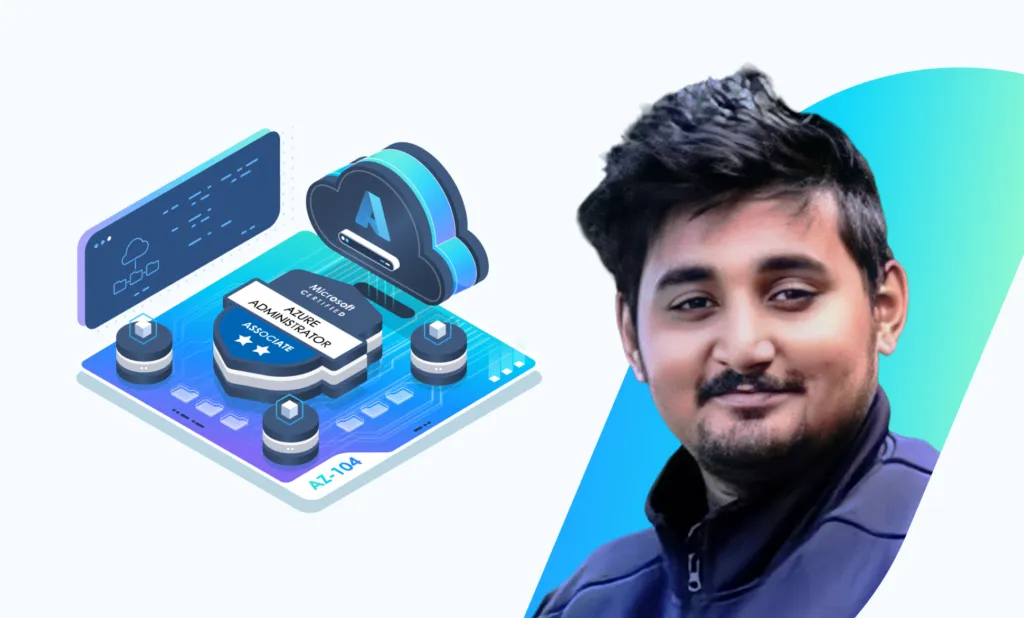

.svg)
.webp)
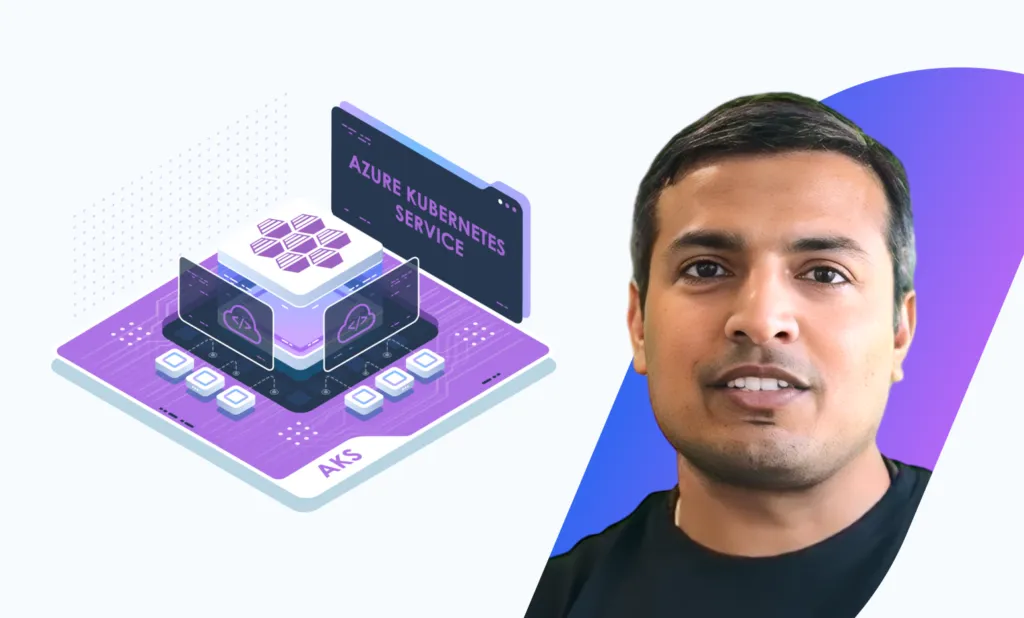

.svg)
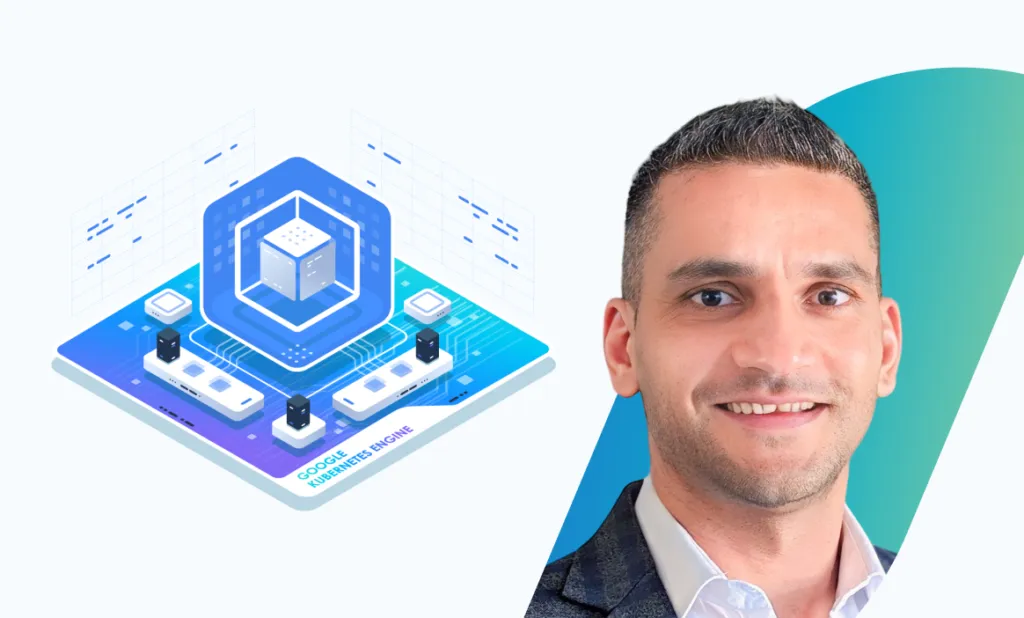
.svg)
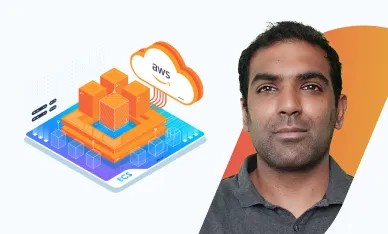




.svg)
.webp)
.svg)
.webp)
.svg)
.webp)
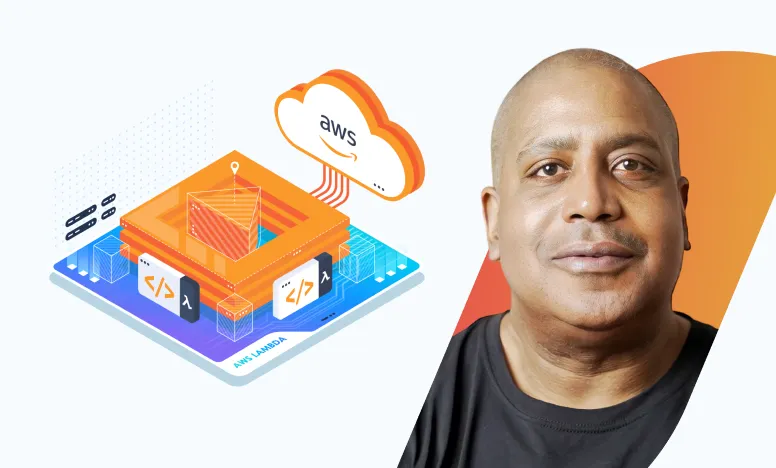

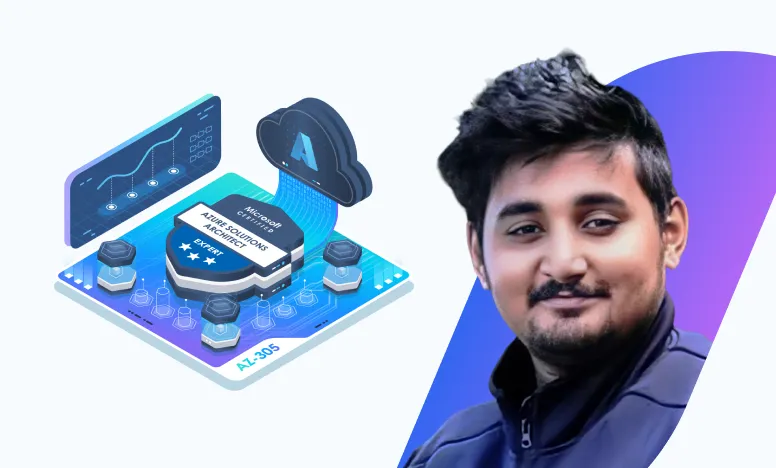

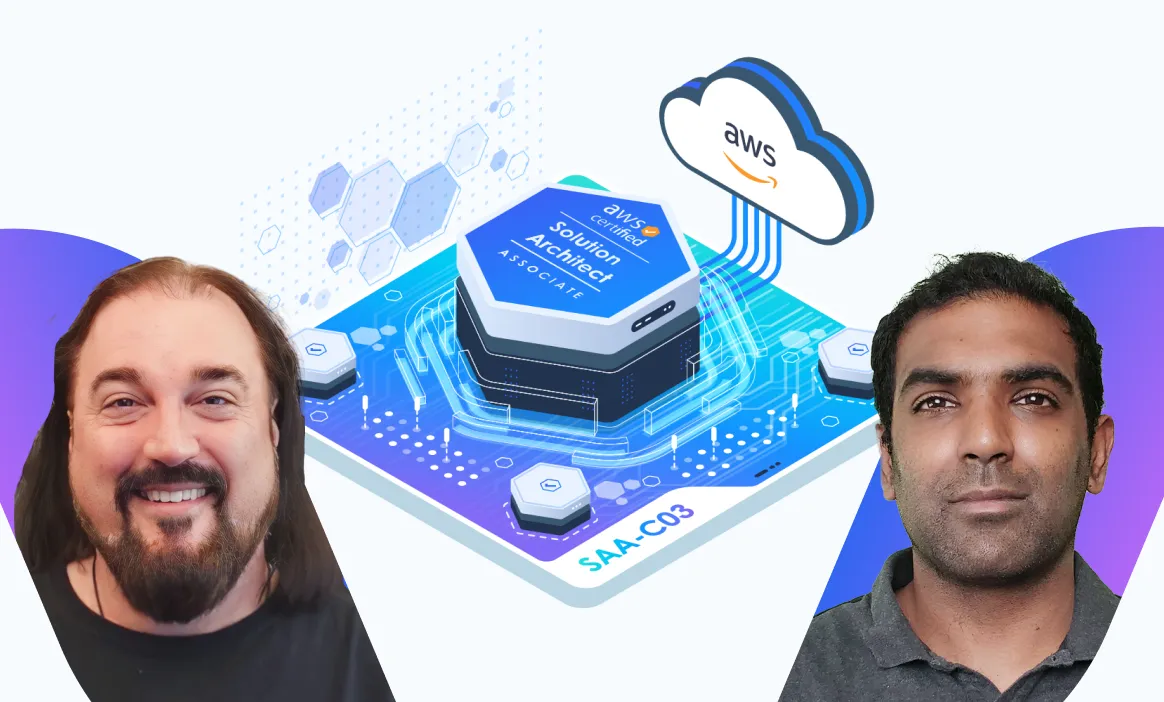

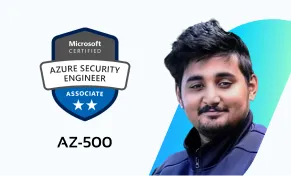

How long will it take for me to complete?
Topic based learning paths
Role based learning paths
FAQs
What is cloud computing?
Cloud computing refers to the delivery of computing services such as servers, storage, databases, networking, software, and analytics over the internet ("the cloud") to offer faster innovation, flexible resources, and economies of scale.
What are the key advantages of using cloud services?
Cloud services offer advantages such as scalability, cost-efficiency, flexibility, accessibility, automatic updates, and the ability to offload infrastructure management to cloud providers.
What are the different deployment models in cloud computing?
Cloud computing deployment models include public cloud (services accessible to the public), private cloud (dedicated to a single organization), hybrid cloud (a combination of public and private clouds), and multi-cloud (using multiple cloud providers).
What is the purpose of this cloud learning path?
The purpose of this cloud learning path is to help individuals build a solid foundation in cloud computing and progress to more advanced topics. It covers major cloud platforms like Azure, AWS, and GCP, along with key services and concepts.
What are container orchestration and why are they important?
Container orchestration helps manage and deploy containerized applications at scale. AWS ECS, Azure Kubernetes Service, and Google Kubernetes Service, allowing you to understand and utilize container orchestration tools.
How can I store and manage data in the cloud?
AWS S3, a highly scalable object storage service. It will teach you how to store, retrieve, and manage data effectively in the cloud.
What are the major cloud service models?
The three primary cloud service models are:
- Infrastructure as a Service (IaaS): Provides virtualized computing resources.
- Platform as a Service (PaaS): Offers a platform for developing, deploying, and managing applications.
Software as a Service (SaaS): Delivers software applications over the internet on a subscription basis.
How do I choose the right cloud provider for my needs?
Choosing a cloud provider depends on factors like your specific requirements, budget, existing technologies, and preferred ecosystem. The major cloud providers are AWS, Azure, Google Cloud, IBM Cloud, and others, each with its own strengths.
What is the difference between traditional hosting and cloud hosting?
Traditional hosting involves running applications on physical servers, while cloud hosting uses virtualized resources from a cloud provider, offering greater scalability, flexibility, and cost-effectiveness.
Is cloud computing cost-effective?
Cloud computing can be cost-effective, as it allows you to pay only for the resources you use, with no upfront capital expenditure. However, it's essential to manage your resources efficiently to control costs.
Can I move my existing on-premises applications to the cloud?
Yes, many applications can be migrated to the cloud. Cloud providers offer various tools and services to facilitate the migration process.

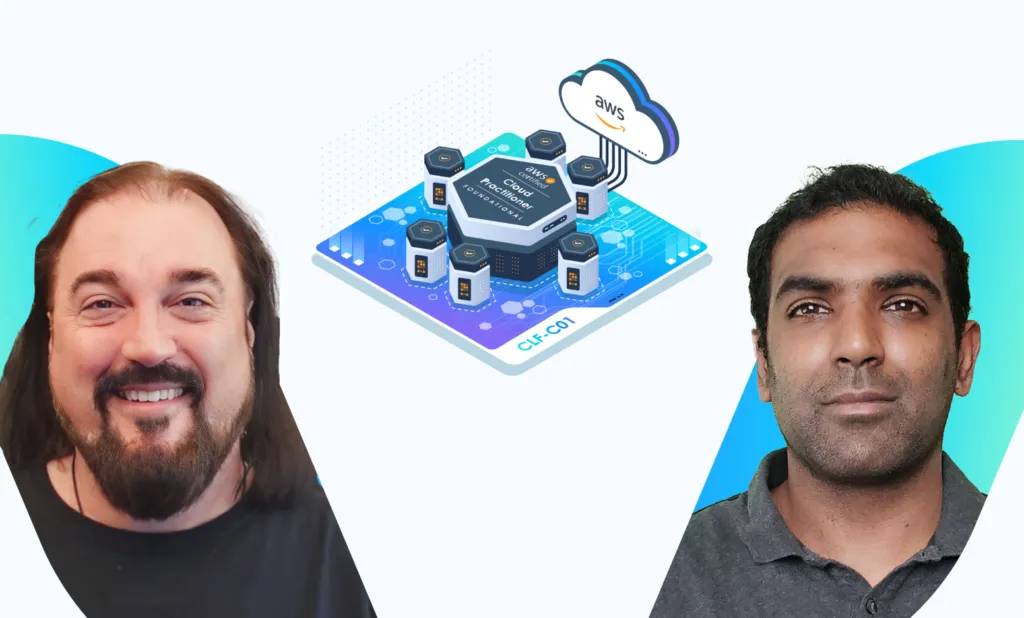



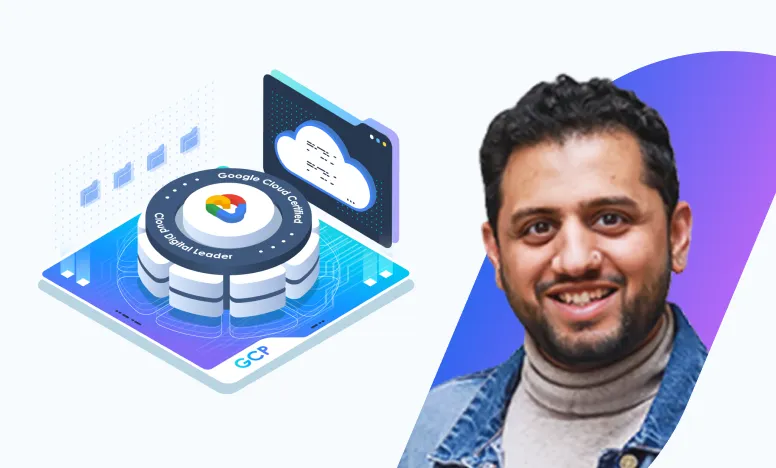
.svg)

.svg)

